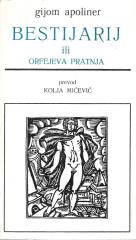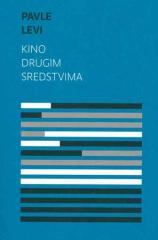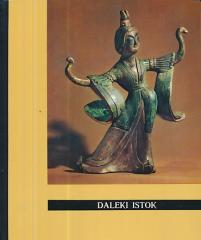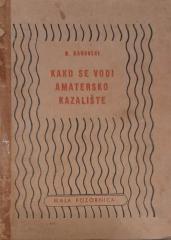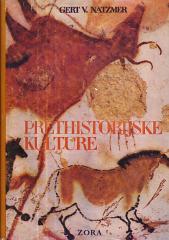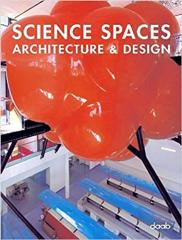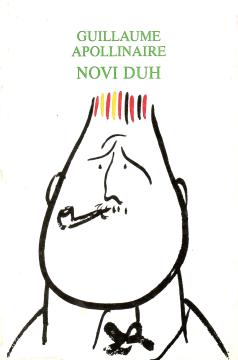
Novi duh: Slikari kubisti / Novi duh i pjesnici
"Novi duh i pjesnici" je esej Guillaumea Apollinairea, objavljen 1918. godine. Njegova ideja o "novom duhu" postala je temelj modernističke poetike i nadahnula mnoge autore da preispitaju granice književnog izraza i umjetničkog stvaralaštva.
U ovom manifestu Apollinaire poziva pjesnike da se oslobode okova tradicionalne estetike i otvore novim izrazima koji odražavaju duh modernog doba. Zalaže se za slobodni stih kao oblik pjesničke slobode, suprotstavljajući se klasičnim metričkim strukturama i oblicima rimovanja koje smatra zastarjelima.
Apollinaire se zalaže za jedinstvo umjetnosti i ističe sinesteziju različitih pravaca i medija, poput kubizma, futurizma i nadrealizma. Prema njegovom mišljenju, umjetnost treba biti dinamična, fleksibilna i prilagođena ubrzanom ritmu suvremenog života.
Posebnu pozornost posvećuje konceptu "novog duha" kao estetskoj revoluciji koja odbacuje sentimentalnost i patetiku prethodnih epoha, oslanjajući se na intelektualnu dubinu i moderni senzibilitet. Ističe važnost maštovitosti i hrabrosti u stvaranju novih pjesničkih oblika, koji trebaju biti autentični, eksperimentalni i povezani sa stvarnošću.
Apollinaire pjesnika vidi kao proroka novoga doba, koji svojom umjetnošću naslućuje društvene i kulturne promjene.
No copies available
The last copy was sold recently.
